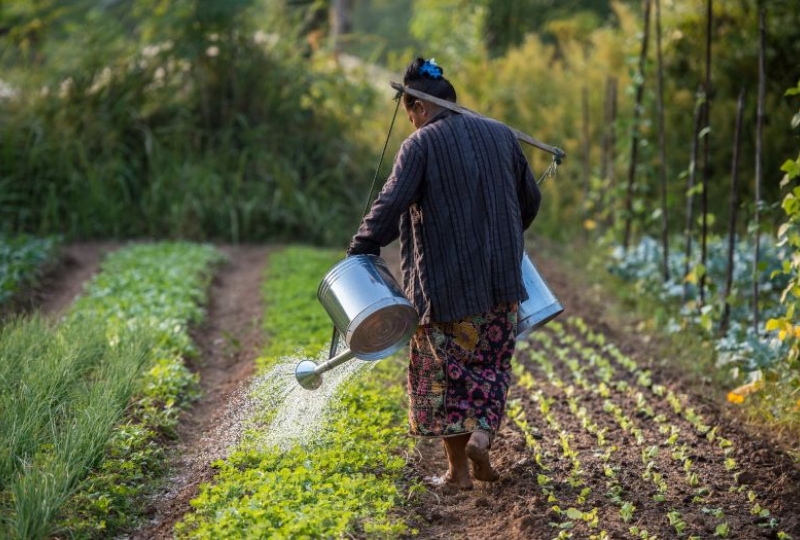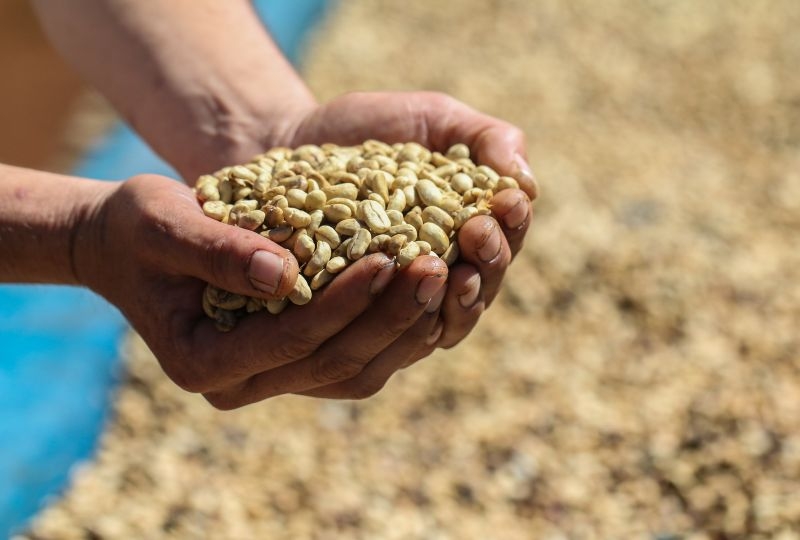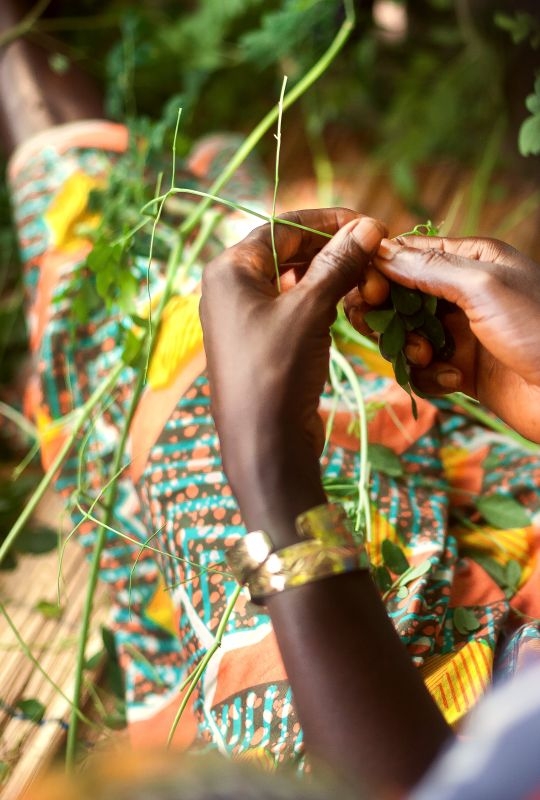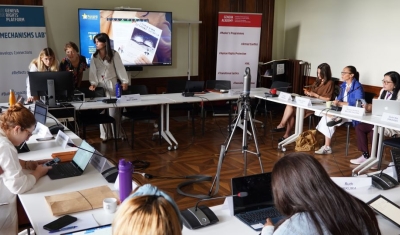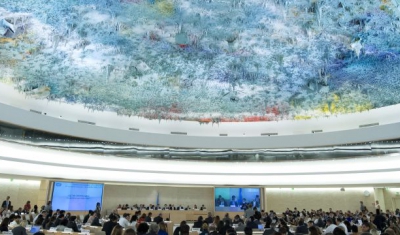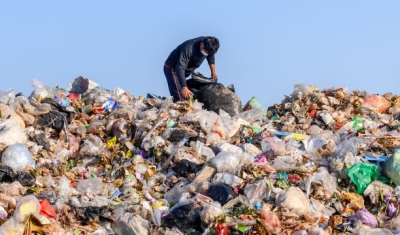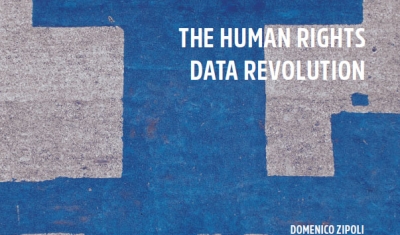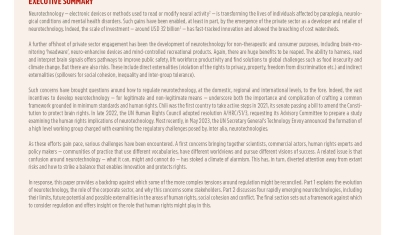This Research Brief forms part of our six-year research project on food sustainability and food systems – conducted in partnership with the Centre for Development and Environment at the University of Bern, the Centre for Training and Integrated Research in Kenya and Comunidad Pluricultural Andino Amazónica para la Sustentabilidad (COMPAS) in Bolivia and supported by the Research for Development Programme (r4d) of the Swiss National Science Foundation (SNSF) and the Swiss Agency for Development and Cooperation. The project assesses the sustainability of food systems based on five pillars: the realization of the right to food, the reduction of poverty and inequality, environmental performance and socio-ecological resilience.
‘Our research and collaboration with local communities in Bolivia, Brazil, Colombia, Ghana, Kenya and Zambia highlighted the importance of recognizing and protecting the right to seeds in national laws and policies. This is key to ensure that food systems are sustainable, attuned to the human rights agenda, and contribute to global food security without neglecting or abusing the fundamental rights of peasants, including their right to seeds’ underlines Dr Adriana Bessa, Senior Research Fellow at the Geneva Academy and one of the authors of the Research Brief.


